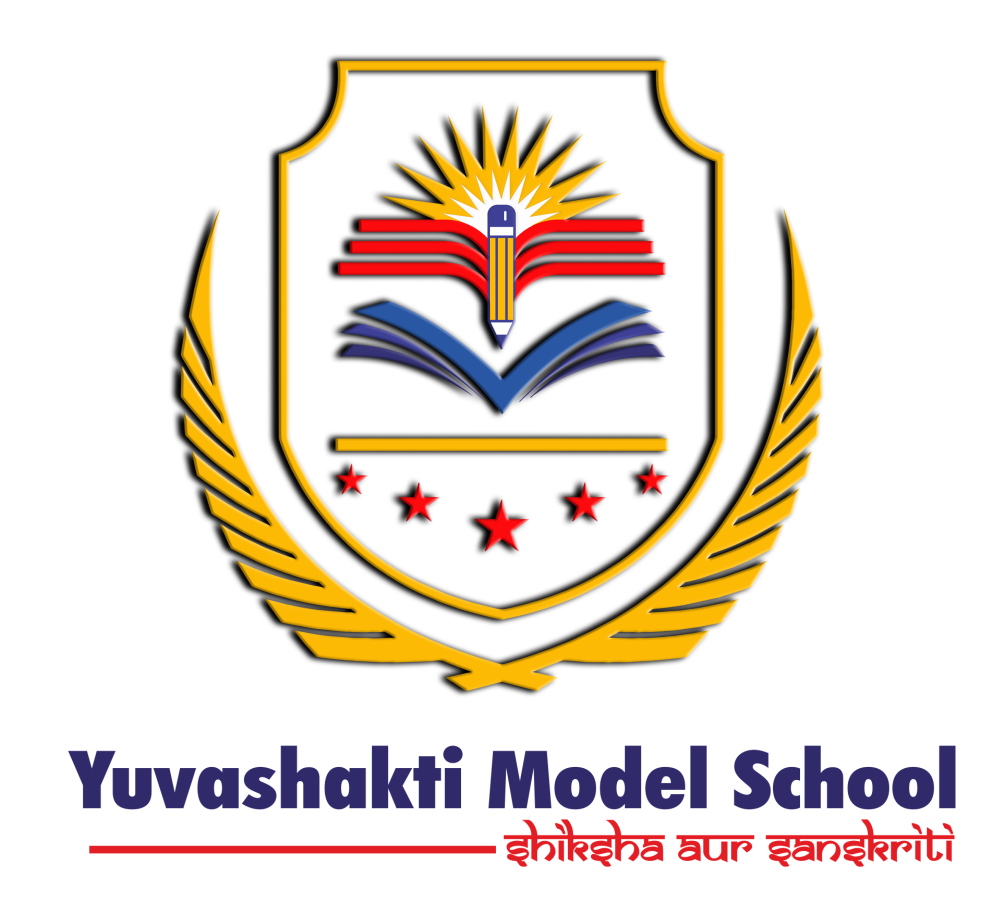Parenting style refers to the system or set of behaviors that outlines the parent-child interactions in a wide range of situations and fosters an effective and interactive atmosphere. It is a significant determining factor that has a major role to play in the psychological well-being and advancement of children. After all, parenting styles form the basis of moral training, skill development, and social connections in kids, which are crucial aspects in their continued growth and future accomplishments.
At Yuvashakti Model School, our honorable principal, Mr. Harinder Kumar, believes that just like behavioral outcomes, the educational outcomes and academic performance of children are also majorly impacted by the parenting style. And this is why we consider the parenting style as one of the factors that can aid in our efforts as one of the top schools in Rohini.
With that being said, let us delve deeper today into the varied ways in which your parenting style can impact the educational outcomes of your children.
The connection between the emotional atmosphere and educational outcomes
Studies have shown that there is a strong correlation between the emotional atmosphere of the family and the feelings of creativity and ingenuity. Per se, a negative relationship exists between the authoritarian and dictatorial atmosphere and creative inclinations among children.
We, at Yuvashakti, in our years of rising to the positional of one of the top schools in Rohini, Delhi, have seen that when children are consistently approached in a way that fosters the positive emotions of motivation and inspiration, their creative energies and drive are enhanced. The direct impact of this is noticeable in the learning outcomes they showcase. In such an atmosphere, the zeal to learn is prompted by a love and desire to know more and do better.
The difference in outcomes with authoritative and authoritarian parenting style
In the 1960s, renowned developmental psychologist Diana Baumrind described three main parenting styles, namely, authoritative, authoritarian, and permissive. We’ll begin with comparing the first two in terms of educational outcome and will then move on to an explanation for the permissive style.
Educational outcomes considerably vary between an authoritative parenting style and an authoritarian one. Authoritarian parenting style is the one characterized by high demands but low levels of positive feedback and understanding. On the other hand, authoritative parenting is about being fair and flexible in making demands and remaining more attuned to the thoughts and feelings of the children.
In case of the authoritarian style, children aren’t taught to act or explore independently, which prevents their ability to become lifelong self-learners. As such, their educational outcomes are considerably impacted when a parental figure is not constantly around for monitoring. However, the authoritative style levies consistent discipline and rules, along with logical consequences for action, which clearly outlines what to expect to children. Eventually, children learn to take charge of their educational outcomes, with adequate support from their parents.
Educational outcomes in case of permissive style of parenting
Permissive parenting involves making low demands but having high responsiveness. In this case, there is a lack of structure, guidelines, and rules to aid the children in their path to progression. And this is why permissive parenting can adversely impact learning outcomes in several ways.
When parents do not strictly enforce or set any type of guidelines or rules, children struggle to understand the basic nuances of decision-making and problem-solving. Furthermore, the lack of structure in their lives also impacts their ability to learn limits. So, for instance, they might watch too much television or play too many video games without paying heed to the fact their studies or daily chores are getting neglected. Since they never learn to set limits on their actions or self-motivate themselves, their educational outcomes are often replete with major gaps due to inexactitude and imprecision.
As Mr. Kumar opines, children never really grow out of habits that form in them since their childhood. Rather, they grow up with it, which means the habits and skills imparted to them in the early stage stays with them for a lifetime. This is the major reason why we believe that it’s crucial to focus on their educational outcomes and make them capable of taking charge of it from a young age. And, with our dedicated efforts in this direction as one of the top schools in Rohini and your parenting style, ensuring the best and positive outcomes is a definite possibility.

